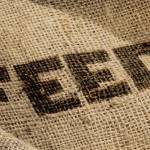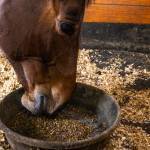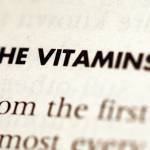Homemade Horse Diets Might Be Lacking

While horse owners often know their animals’ every expression and the story behind every bump and whorl, they might not be the best person to formulate or tinker with their diets.
Many of the ingredients that go into commercial feeds, including cereal grains and protein supplements, are available for individual purchase, prompting some horse owners to mix their own custom feeds for their animals’ perceived needs. However, the nutritional content of homemade feed will vary between batches, and without oversight from an equine nutritionist, the feed might provide an unbalanced level of nutrients.
Random blending of whole grains or protein supplements with commercially manufactured feeds can skew the nutritional balance of feeds and induce growth problems in young horses. The best way to ensure sound nutrition and thus favorable growth, performance, and production is to choose a fortified feed that best complements the nutritional profile of the animal’s forage and the proposed use of the horse, and feed it as directed by the manufacturer.
In some cases, feeding the quantity of feed recommended by the manufacturer might provide too many calories for the easy-keeping or idle horse’s needs. If the amount needed to maintain optimal body condition falls below what’s recommended on the feed tag, owners should purchase a more concentrated feed that will be more appropriate for the given horse.
Some horse owners also modify their horses’ nutritional supplements by combining them with other products and baking them into “cookies” or treats for simpler feeding. However, some supplements will be degraded by heat (particularly vitamins). It’s best to feed supplements in the manner instructed on the label, or contact the manufacturer if you’re thinking of modifying the product.
Rethinking your horse’s diet? Choose an experienced equine nutritionist or consultation company to help you decide what’s best for your horse.
Read more:








